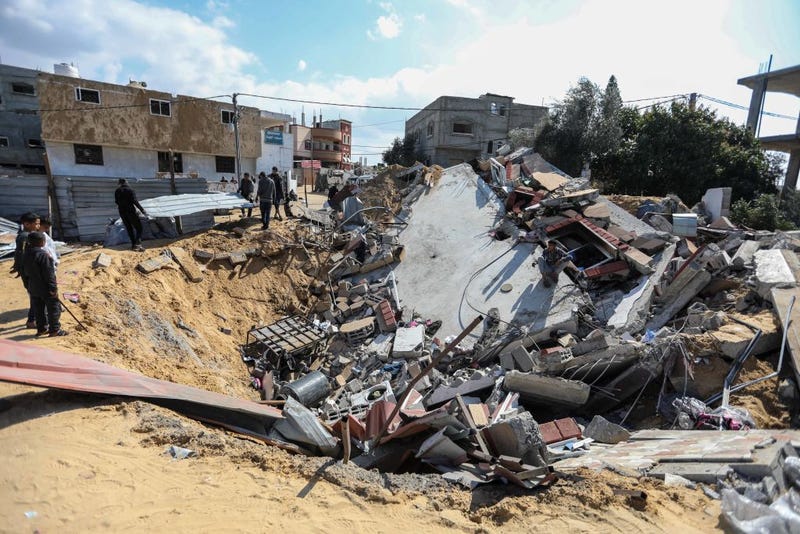
The United States has vetoed an Arab-backed United Nations resolution that would demand an immediate humanitarian ceasefire in the Israel-Hamas war.
The vote in the 15-member security council was 13-1, with the United Kingdom abstaining from the vote. The war has raged now for more than four months and resulted in the deaths of thousands in Israel and in the Gaza Strip.
Algeria’s UN Ambassador Amar Bendjama said that the resolution was a sign of “truth and humanity” and stood “against the advocates for murder and hatred.”
“A vote in favor of this draft resolution is a support to the Palestinian’s right to life,” he said. “Conversely, voting against it implies an endorsement of the brutal violence and collective punishment inflicted against them.”
Still, the US issued its third veto of a security council resolution demanding a ceasefire on Tuesday.
But why?
Linda Thomas-Greenfield, the US ambassador to the UN, shared that the Biden administration was going to veto the resolution because it might interfere with the country’s ongoing efforts to arrange a deal between the warring parties.
The potential deal could result in the remaining hostages taken during Hamas’s surprise Oct. 7 attack being released — something Israel and the US have been working to achieve since the deadly day sparked the war — and put a six-week ceasefire in place.
While some criticized the US for taking their time, Thomas-Greenfield noted that “we can take the time to build a more enduring peace.”
Greenfield stressed that the US proposal “would do what this text does not — pressure Hamas to take the hostage deal that is on the table and help secure a pause that allows humanitarian assistance to reach Palestinian civilians in desperate need.”
Robert Wood, the US deputy ambassador, also touched on this on Monday, saying that there wasn’t enough in the security council’s resolution.
Wood said the resolution was not “an effective mechanism for trying to do the three things that we want to see happen – which is get hostages out, more aid in, and a lengthy pause to this conflict.”
The US isn’t rushing to pass the resolution either, as Wood shared that the US is looking at “another possible option, and we’ll be discussing this with friends going forward.”
